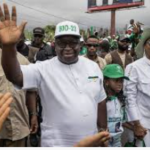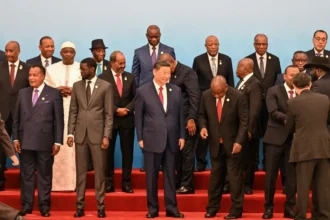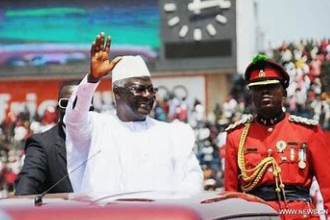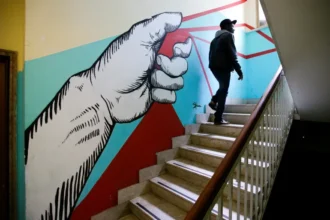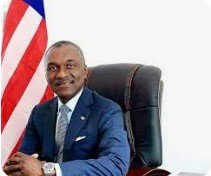Abidjan, Ivory Coast – As President Alassane Ouattara approaches the twilight of his political career, speculation is rife in Ivory Coast regarding his potential successor. While the 82-year-old president, who secured a controversial third term in 2020, remains steadfast in his commitment to stability and economic progress, questions about the future leadership of the country are increasingly prominent.
Ouattara, who has led the country since 2010, has overseen a period of significant economic growth and infrastructure development. However, his third term bid sparked protests and violence, highlighting underlying tensions within the country’s political landscape. Consequently, finding a successor capable of maintaining stability and continuing the nation’s progress is a top priority.
While Ouattara has remained tight-lipped about his preferred candidate, several names are being floated as potential contenders within the ruling RHDP (Rassemblement des Houphouëtistes pour la Démocratie et la Paix) party. Among the frontrunners are widely considered to be are former Prime Minister Patrick Achi, a technocrat known for his economic expertise, and Vice President Tiémoko Meyliet Koné, a seasoned politician with a background in finance. Both figures have been instrumental in Ouattara’s administration and are seen as representing continuity and experience.
“The succession is a critical issue for Ivory Coast. The president’s choice will significantly impact the country’s political trajectory and economic future,” commented political analyst Dr. Isabelle Kouassi, speaking from Abidjan. “Maintaining the current momentum and ensuring a smooth transition of power is paramount to avoid any potential instability.”
Beyond these prominent figures, other potential contenders within the RHDP are also garnering attention, including senior party officials and influential ministers. However, the ultimate decision likely rests with President Ouattara himself, who is expected to play a decisive role in shaping the succession process.
The opposition parties are also closely monitoring the situation, hoping to capitalize on any potential divisions within the ruling party. The Parti Démocratique de Côte d’Ivoire (PDCI), historically a powerful force in Ivorian politics, and other opposition groups are expected to field strong candidates, presenting a significant challenge to the RHDP in the upcoming elections.
The stakes are high for Ivory Coast. The country, a regional economic powerhouse, needs a stable and capable leader to navigate the challenges of the 21st century. As the political landscape continues to evolve, the nation holds its breath, awaiting clarity on who will ultimately take the reins from President Ouattara and guide Ivory Coast into the future. The coming months are expected to be filled with intense political maneuvering and strategic alliances as the country prepares for a pivotal transition in leadership.



